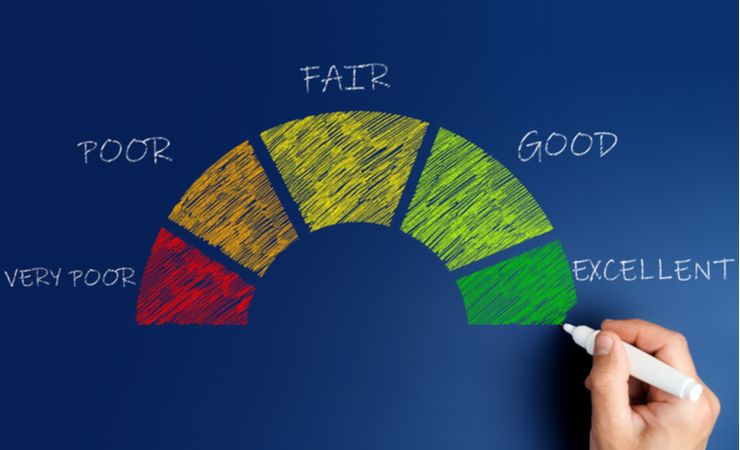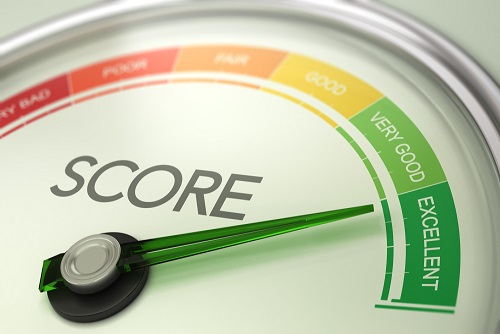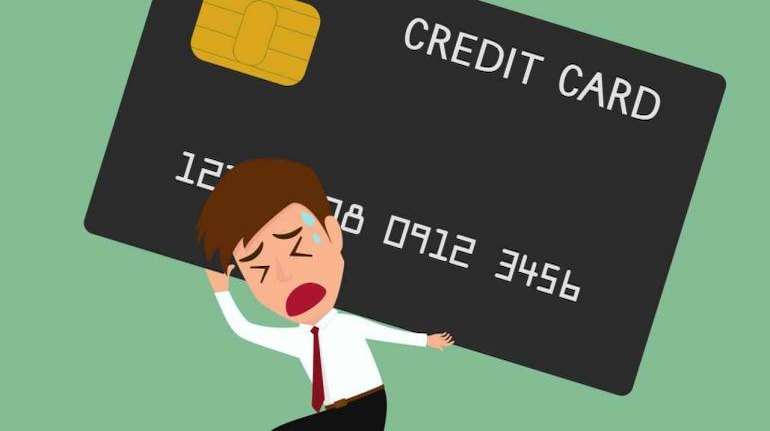The CIBIL score, often known as a credit score, is a numerical evaluation based on a person’s credit report. The three-digit number provides information about a person’s credit history. There are 300 to 900 marks available. The basis for calculating a credit score is a credit report that includes credit history. It represents a person’s creditworthiness and is mostly based on information from credit reports, which are frequently obtained from credit bureaus like CIBIL.
CIBIL Scores are provided by banks and credit card companies
or loan providers to evaluate the risk associated with lending to consumers and to devise strategies for preventing losses from bad debt. The range of a CIBIL score is 300 to 900, with 300 denoting a subpar result and 900 denoting the best.
To take advantage of the best loan interest rate offers
you must have a high CIBIL score. A score of 750 or more is required by the majority of lenders, including banks and non-banking credit organizations, to qualify for loans. Your loan application may be rejected by lending institutions if your score is below 750 or in poor condition. In this case, we’re providing some advice on how to raise your CIBIL score.
Avoid paying bills late
Whether you have a loan or a credit card, pay the balance in full each month. If you pay them after the due date, it will negatively impact your CIBIL score. On the other side, if you pay on time, your CIBIL score will rise.
Limit on credit cards
As far as possible, avoid using your credit card to the full limit. Your CIBIL is impacted by this. Although going over your credit limit will result in a higher credit utilization ratio and a poorer CIBIL score, try to avoid doing so.
Read More: UPI update, big information given by RBI Governor
|
|
 Facebook Page Facebook Page |
Click Here |
 Twitter Twitter |
Click Here |
 Instagram Instagram |
Click Here |



